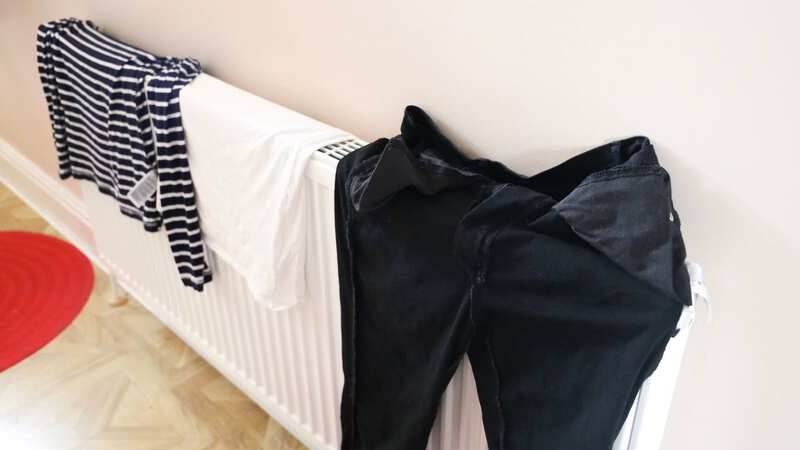Plumbing exper shares common drying mistake that rack up your energy bill

As we head into the colder months many people across the UK will be looking at ways to cut prices in their homes, especially on heating bills. One plumber has shared a stark warning about drying wet clothes on the radiator.
It's a routine chore for many especially those opting to reduce the use of their tumble dryer in a bid to cut utility costs but it may end up leading to much higher bills, and here's why. As a plumbing expert explains it puts a lot more pressure on the boiler.
Jordan Chance at PlumbNation explained that adding wet or damp clothes to the top of a radiator stops the heat from escaping, resulting in your boiler having to work on overdrive.
He said: " It prevents the heat from escaping and heating your room, meaning that your boiler has to pick up the slack and work at a greater rate - increasing costs." And it's not the only issue as Jordan says it'll also increase the chances of condensation, another bugbear for many homes in colder months as moist air comes in touch with colder surfaces.
"Similarly, the increase in the air's moisture can create condensation, leading to potential issues with mould and dampness," said Jordan, as he stressed the importance of ensuring radiators have enough ventilation. As winter approaches Jordon recommends households start to bleed their radiators regularly as it will help the heating system run more efficiently. He said: "If your radiator cover has a solid top then you may be losing even more heat, as it will be absorbed by the top of the cover.
 Shop prices 'are yet to peak and will remain high' as inflation hits new heights
Shop prices 'are yet to peak and will remain high' as inflation hits new heights
"Radiator covers made from materials such as wood are poor conductors and can prevent heat from being dispersed effectively - wasting energy and money. Bleeding your radiator is essential in preventing the efficiency of your radiator from decreasing, as a result of air entering your heating system. The quickest way to check if air has entered your heating system is to turn your central heating on and feel your radiator. If the radiator is warm at the bottom but cold at the top this is generally a sign that air is present."
Read more similar news:
Comments:
comments powered by Disqus
































